RTU Components and Reasons for Failures!

The rooftop unit (RTU) is a critical component in the world of commercial HVAC systems. As its name suggests, these systems are typically installed on the roofs of buildings, making them a common sight in cities like Greensboro, NC. An RTU HVAC unit is an all-in-one heating, ventilation, and air conditioning system designed to provide optimal comfort and climate control for commercial spaces. These versatile units are composed of several key components, each of which plays a vital role in the operation and efficiency of the system.
One of the most important components in a rooftop HVAC unit is the compressor. The compressor is responsible for compressing the refrigerant, which is a crucial process in the refrigeration cycle that allows for heat transfer and the cooling of the indoor environment. The most common breakdown of the compressor is due to overheating, which can be caused by factors such as dirty condenser coils, low refrigerant levels, or poor airflow. Regular maintenance and inspection of the compressor are essential to prevent costly repairs and downtime in commercial HVAC applications.
Another crucial part of an RTU HVAC system is the evaporator coil. Located within the air handling unit, the evaporator coil is where the refrigerant absorbs heat from the indoor air, effectively cooling the air before it is circulated back into the building. In the hot and humid climate of Greensboro, NC, the evaporator coil plays a significant role in maintaining comfortable conditions for occupants. A common issue with evaporator coils is the buildup of dirt and debris, which can lead to reduced efficiency and even freezing, ultimately causing the HVAC system to malfunction.
The condenser coil is yet another key component of an RTU HVAC unit. This coil is responsible for releasing the absorbed heat from the refrigerant into the outdoor environment, allowing the refrigerant to cool down and continue the cooling process within the system. As part of the heat rejection process, the condenser coil is constantly exposed to outdoor elements, which can cause corrosion and damage over time. Regular cleaning and inspection of the condenser coil are necessary to prevent issues such as reduced heat transfer and inefficiency in commercial HVAC systems.
A critical component of these systems is the condenser fan motor, an essential part of the outdoor unit responsible for cooling the refrigerant and dissipating heat from the compressor and condenser coil. A condenser fan motor operates the fan blades, blowing air across the condenser coil containing the refrigerant. This process is vital for the refrigerant to absorb heat from the indoor air and transfer it to the outdoor unit. The refrigerant passes through the condenser coil, transitioning from a hot gas to a cool liquid, and releasing heat into the surrounding air. The condenser fan motor accelerates this process by increasing airflow, cooling the refrigerant more rapidly, and allowing it to return to the indoor unit to absorb more heat and continue the cooling cycle.
Air filters are an essential part of RTU HVAC systems, especially in commercial HVAC applications where maintaining good indoor air quality is critical. These filters are responsible for trapping airborne contaminants such as dust, pollen, and other particulate matter, preventing them from being circulated throughout the building. In a city like Greensboro, NC, where pollen and other allergens are common, air filters play a significant role in providing a healthy indoor environment. The most common issue with air filters is clogging due to a lack of regular maintenance, which can lead to reduced airflow and decreased system efficiency.
The blower fan is an integral component of the RTU HVAC unit, as it is responsible for circulating the conditioned air throughout the building. In commercial HVAC systems, the blower fan must be powerful enough to move large volumes of air through the ductwork and into the occupied spaces. The most common breakdown of the blower fan is due to worn-out bearings or belts, which can lead to decreased performance or complete failure. Regular inspection and lubrication of the fan motor and belts can help extend the life of this crucial component.
In addition to these main components, RTU HVAC systems also include a series of controls and sensors that work together to ensure optimal performance and energy efficiency. Thermostats, for instance, allow occupants to adjust the desired temperature settings in the commercial space, while temperature and pressure sensors provide valuable feedback to the system's control board. These sensors can experience various failures, such as inaccurate readings or complete malfunction, which can lead to poor temperature regulation and increased energy consumption. Regular calibration and inspection of these control components are essential in maintaining the efficiency and reliability of the RTU HVAC system. In commercial HVAC applications, such as those found in Greensboro, NC, the proper functioning of these controls and sensors is crucial to ensuring the comfort and satisfaction of building occupants, while also minimizing operational costs.
In conclusion, an RTU HVAC unit is composed of several key components that work together to provide efficient and comfortable climate control in commercial spaces. These components, including the compressor, evaporator coil, condenser coil, condenser fan motor, air filters, blower fan, and control sensors, are each subject to common breakdowns that can affect the overall performance of the system. Regular maintenance and inspection of these components, particularly in cities like Greensboro, NC, where harsh weather conditions can take a toll on commercial HVAC systems, are essential in ensuring the longevity, efficiency, and reliability of these critical building systems.
SBS-NC, LLC has established itself as the premier choice for RTU repairs in Greensboro, NC, thanks to their extensive expertise, commitment to customer satisfaction, and prompt service. With a team of highly skilled and certified technicians, SBS-NC, LLC possesses the necessary knowledge and experience to tackle any RTU-related issue, ensuring that your commercial HVAC system is operating at peak performance. Their dedication to providing quality service and maintaining excellent communication with clients sets them apart from competitors, making SBS-NC, LLC the go-to company for businesses in Greensboro that demand reliability and efficiency. When your RTU system requires maintenance or repair, trust SBS-NC, LLC to deliver the exceptional service you deserve, minimizing downtime and maximizing comfort in your commercial space. Call us today! We also have locations in Charlotte, Winston and High Point!
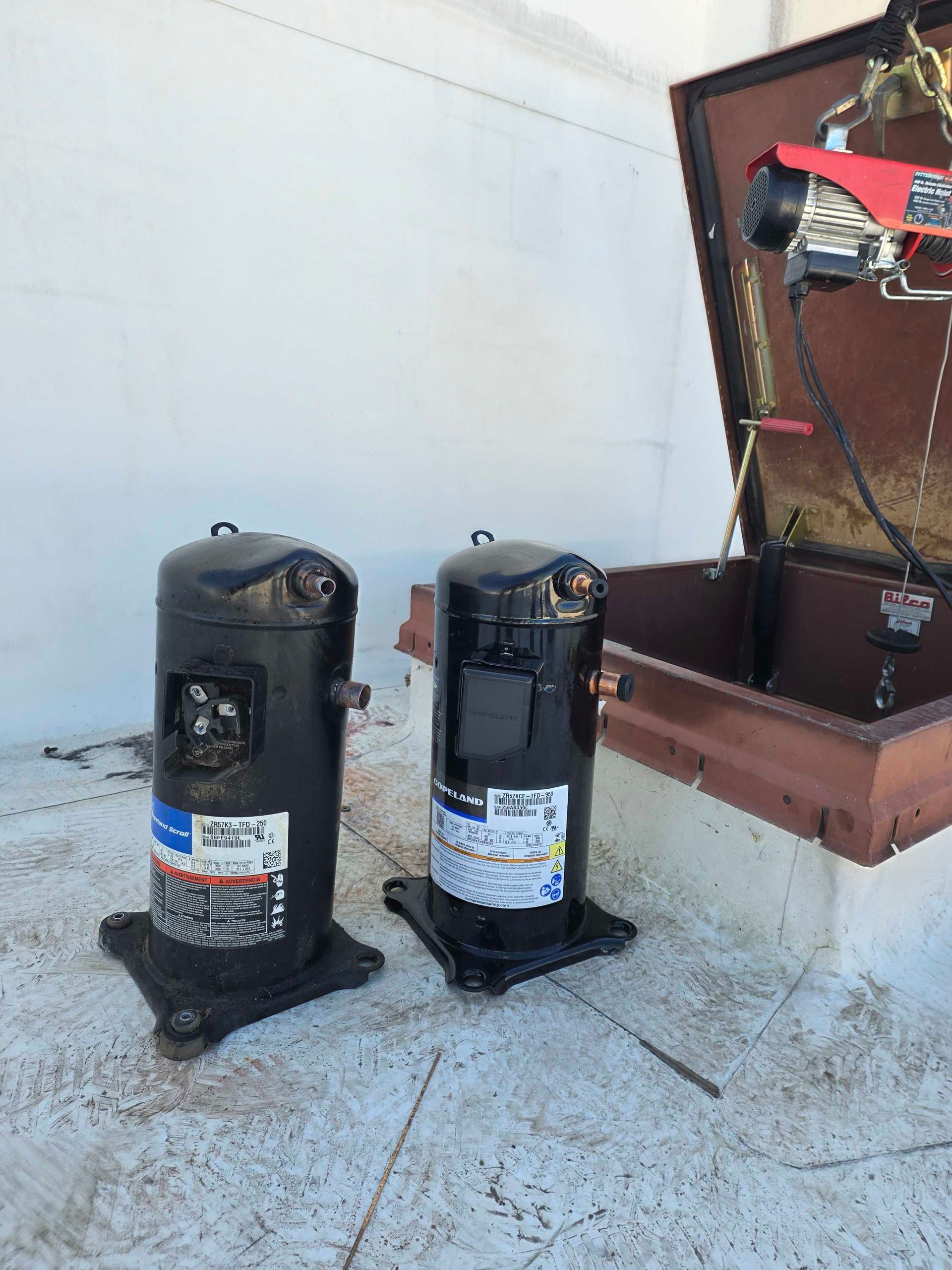

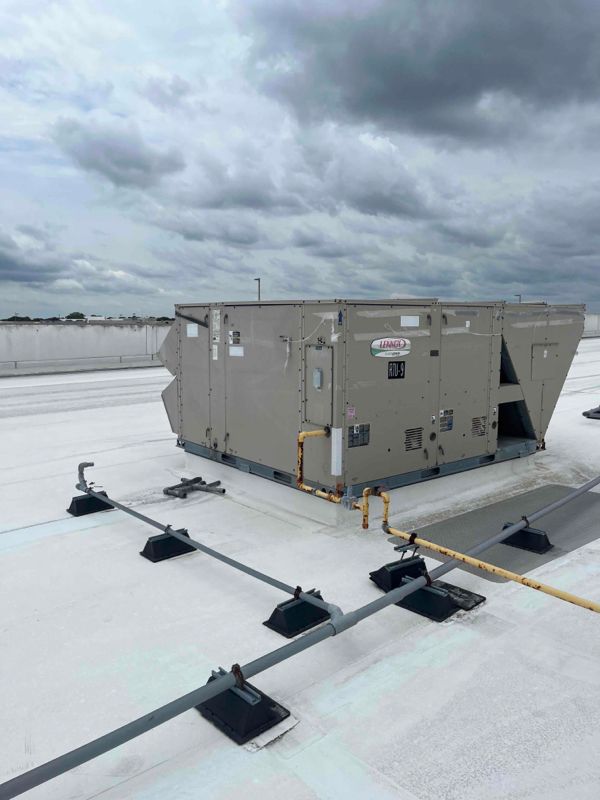
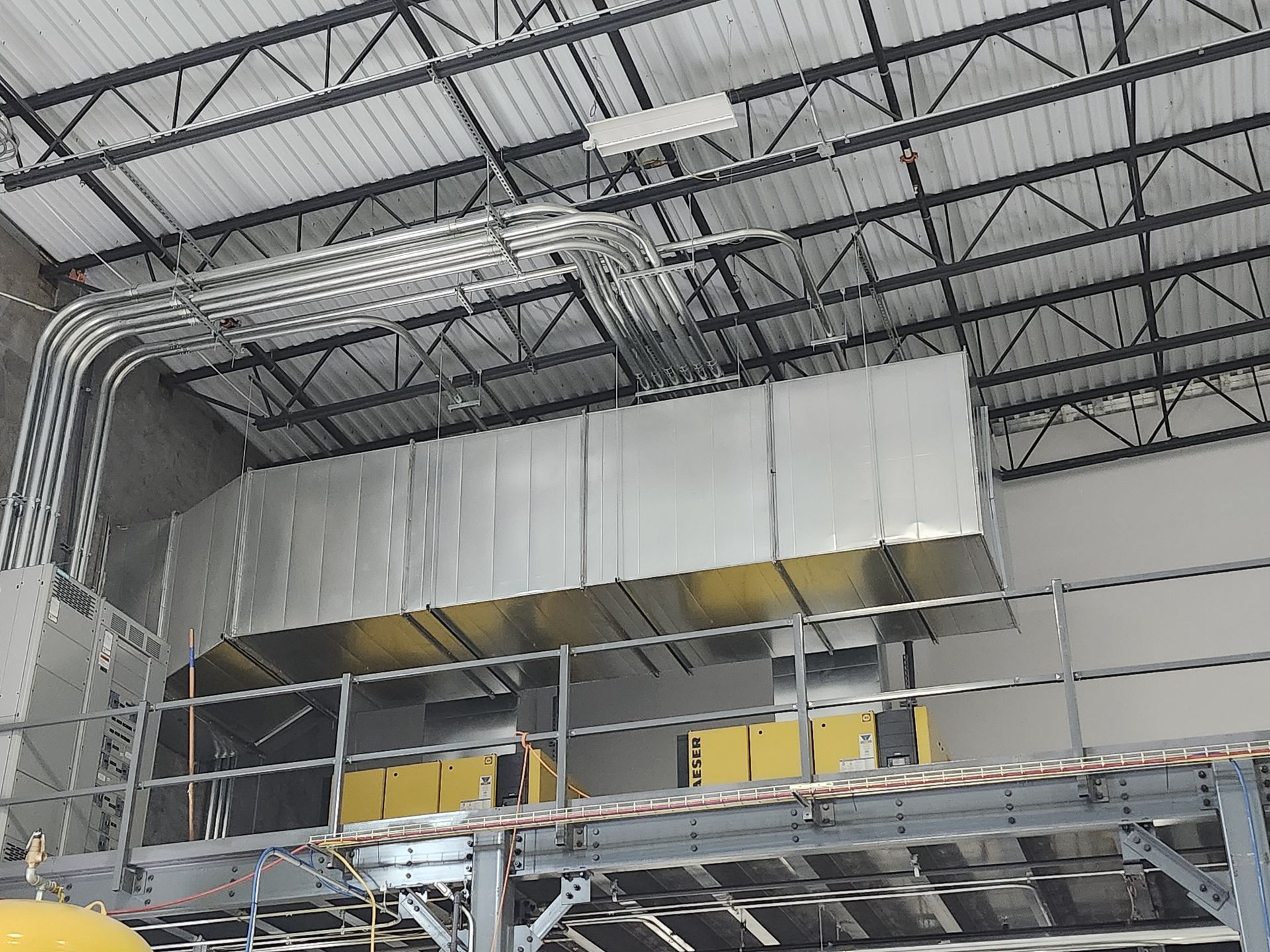
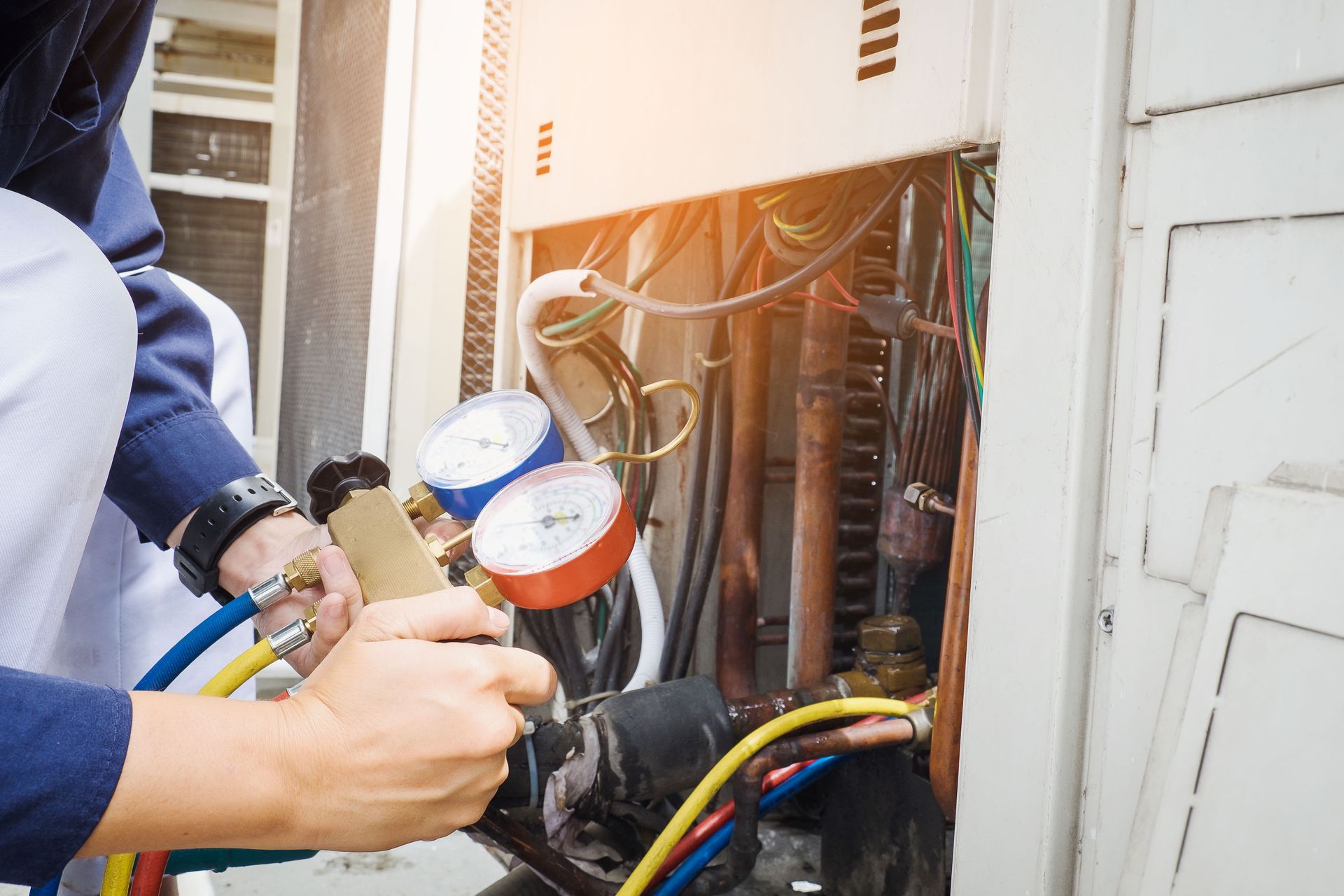
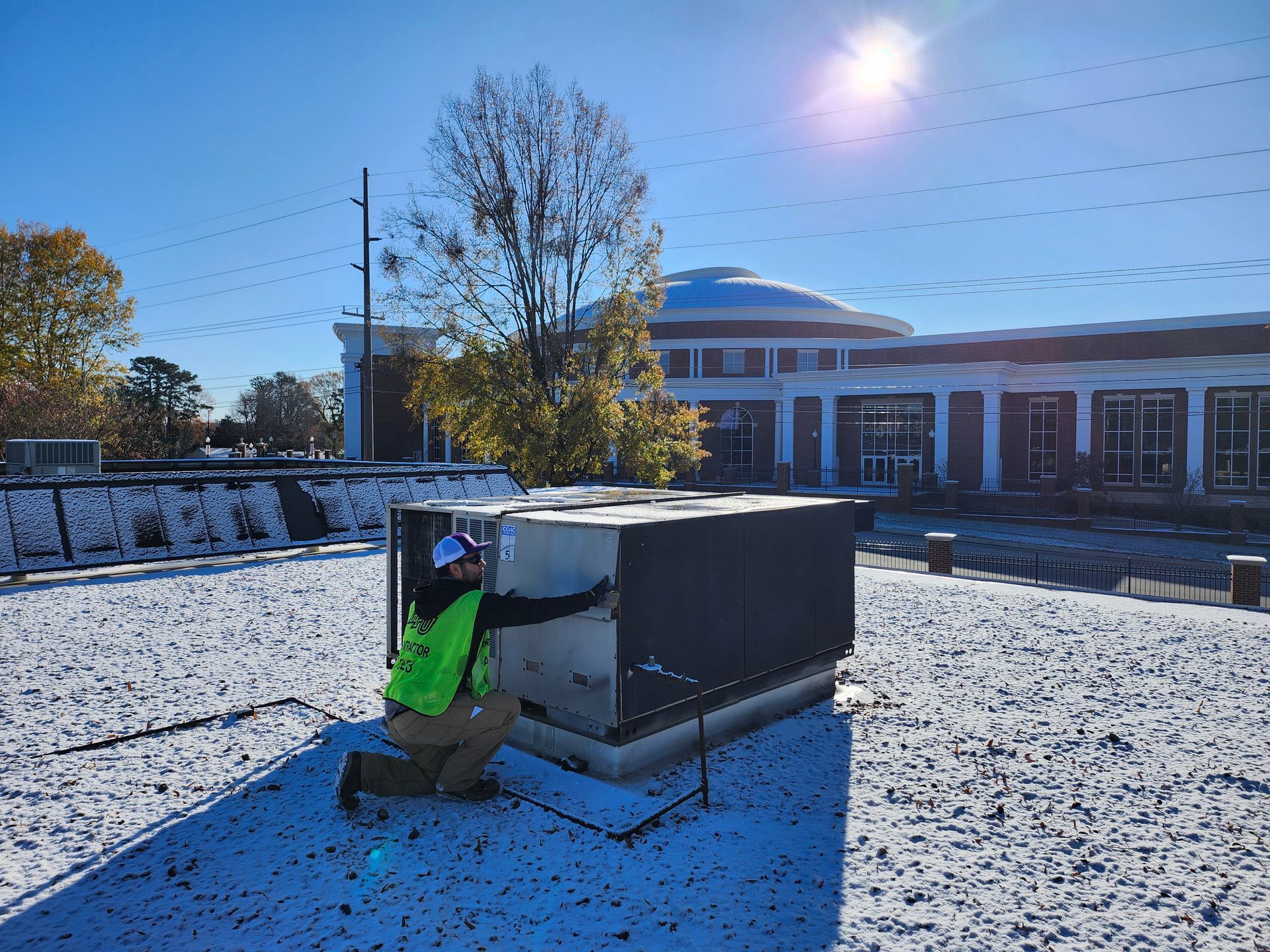
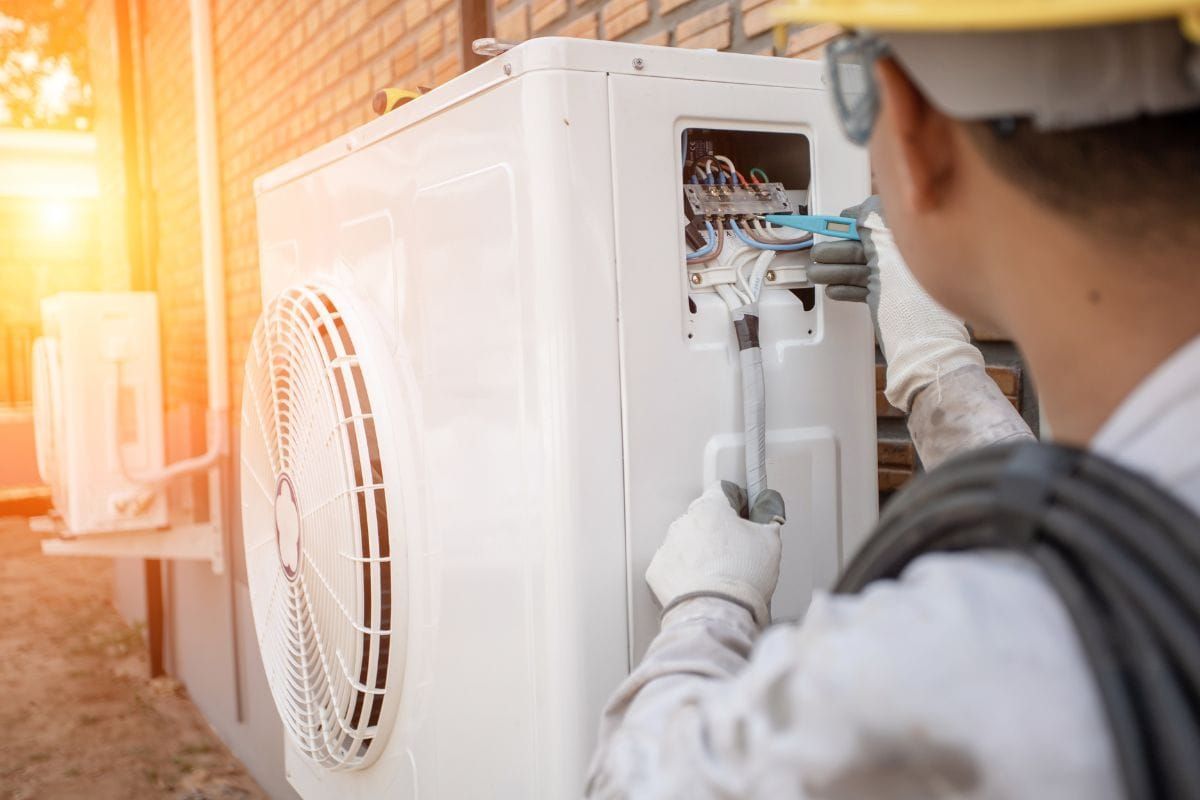

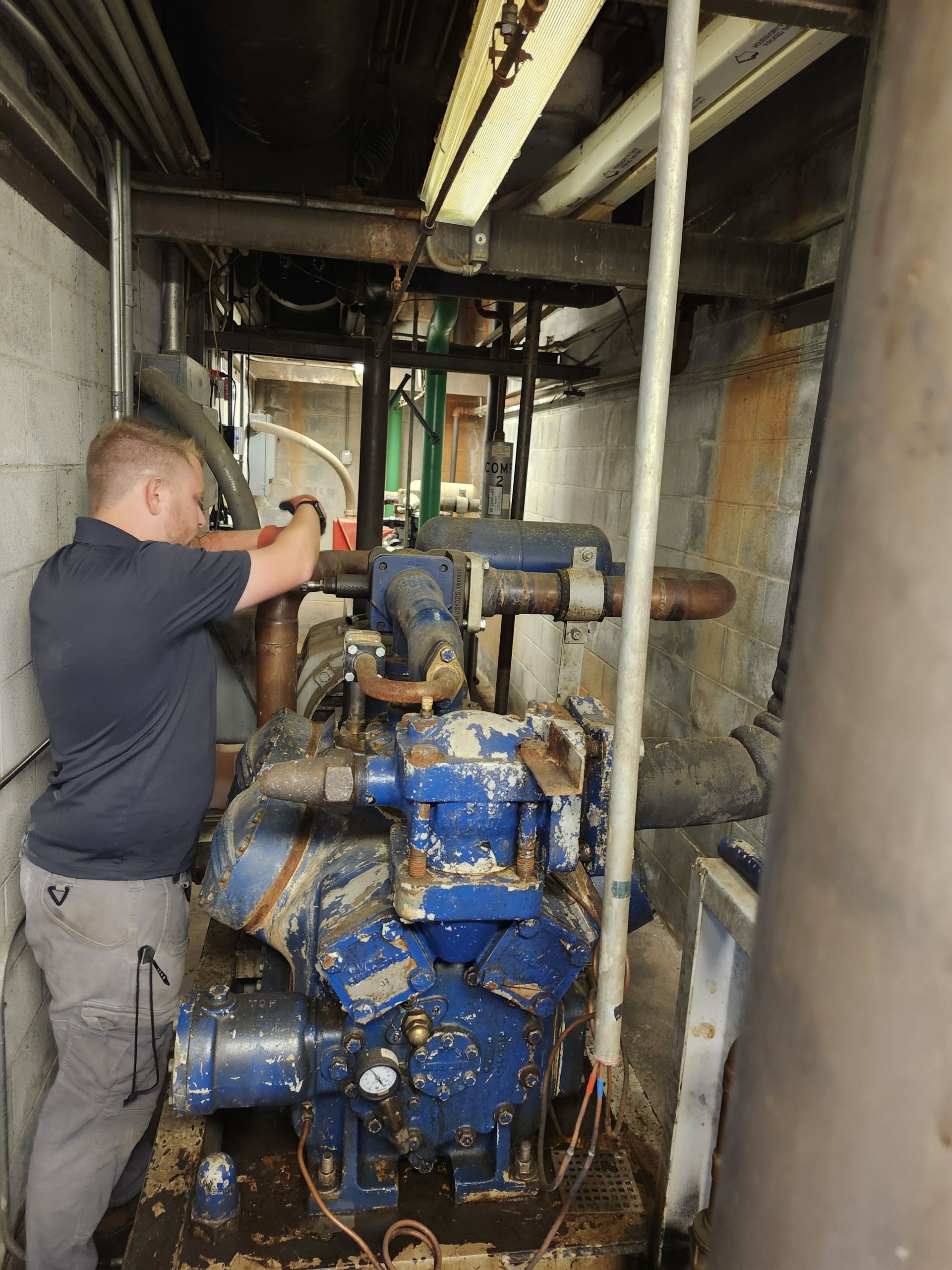

Share On: